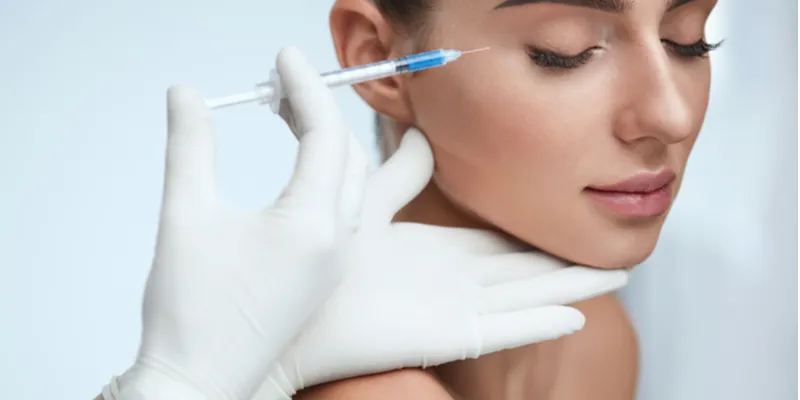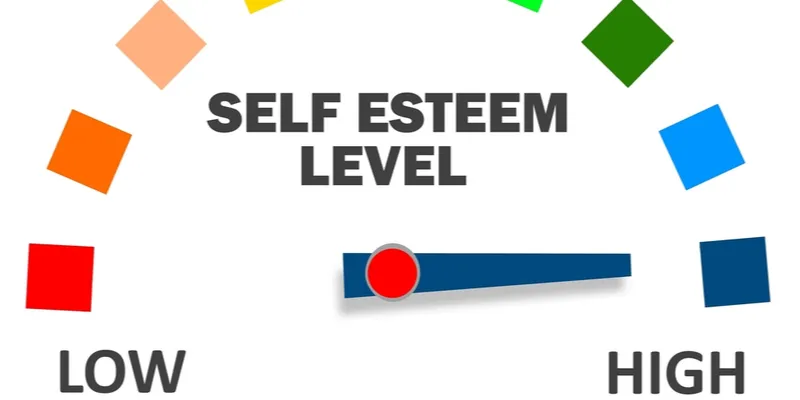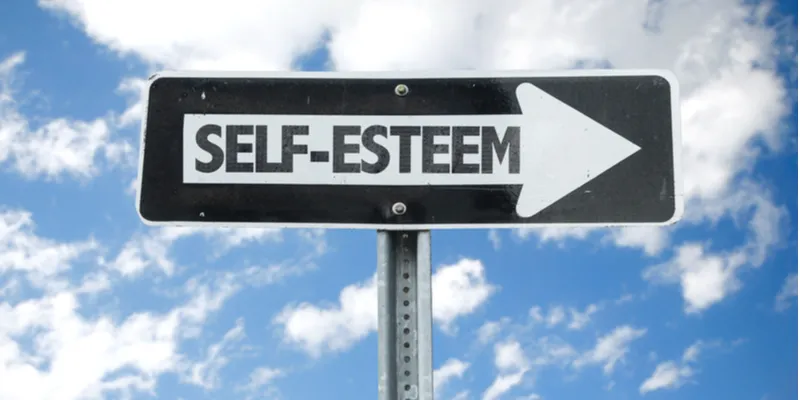How do I look? A guide to body image, self-esteem and well-being
The beauty industry ties our body image with our self-esteem and life satisfaction. More women want to look good hoping that they will be more accepted, favoured, and marketable. Here are some tips on how to achieve self-esteem from within
Every day, I read the newspaper or open up my social media handles, I am bombarded with photographs of my girlfriends looking enticingly into what I presume is their own phone and puckering up for a selfie with a good-humoured quote like “what a beautiful morning” or “Yesss” and sometimes “It's me.”

Selfies are popular globally regardless of age and gender
Appearances can be deceptive
An Australian study noticed how significantly more girls and women posted publicly “sexy selfies” alluding to an assumption that females more than males were preoccupied with their sexual identity.

Healthy self-love can build self-esteem
They tended to internalise appearance ideals in turn leading to constant body surveillance, body shame, and facial appearance concerns. “How do I look?” is an oft-asked question turned into memes and jokes all over the world.
Fuller lips used to symbolise fertility in some cultures just like wearing lipstick with a shimmering effect symbolised higher economic status amongst the Ancient Egyptians.
Plumping up your pout for selfies or what is known as “bee-stung lips” are rumoured to be the secret behind looking healthier and more youthful, although lips are actually the worst place to get stung. If it’s youthfulness or health that we are after, why are healthy young girls and adolescents electing to get chemical fillers (hyaluronic acid) injected into their lips more than ever before?
Cosmetic procedures

Cosmetic procedures cannot boost happiness
Beauty is an over 500-billion-dollar industry with its focus shifting to owning the customer experience and cutting out the middleman. To do this they must define and know their customer - including their likes and dislikes but also their strengths and in this case, vulnerabilities. Social influence has been the best way to enchant and sway choices.
When a celebrity or Instagram Influencer endorses a product that equates the volume or colour of your lips or hair to your self-worth, many young girls want to be “worth it”. A single Instagram post of 23-year old Kylie Jenner tagged “Can’t wait for this lip kit to drop” received over 4.5 million “likes.”
Body image and self-esteem

The industry ties our body image into our self-esteem and thereby our life satisfaction. More women now than ever before strive to achieve “aesthetic body forms” with the hope that they will be more accepted, favoured, and marketable. The idea of beauty, however, is temperamental.
The ancient Greek statue of Venus de Milo, discovered in 1820 was considered the epitome of beauty - she had a larger derriere and smaller breasts, compared to models these days. Da Vinci’s Mona Lisa, considered to be divine as a result of having achieved the “golden ratio” has narrower lips, but her smile is worth more than a billion dollars.
Wellbeing and mental health
When you chase an unpredictable standard, you are bound to be met with disappointment or dissatisfaction. Cosmetic companies are here to fill in that self-esteem gap. Their target is the psychologically vulnerable girl or woman in pursuit of that “perfect look.”
When you succumb to peer pressure you want to conform to a factory “standard” in order to “feel” different and be more accepted. You elect to go through painful procedures in the hope that it might change your popularity, mood, ability to make friends or have stable romantic relationships, increase your self-confidence, get rid of all your problems and most importantly change your future outcomes positively. A little pain for a lot of gain.
Unfortunately, a poor self-image does not go away despite fuller lips, facelifts, nose jobs, microblading, chemical peels and laser treatments. If your self-esteem hinges on what people think of you, no number of procedures will change that.

You put yourself at great risk for disappointment if how you feel is dependent solely on your subjective life satisfaction and relationship with yourself. If you are capable of hating yourself, you have to work on stopping the hating. Body image is the relationship that your mind has with your body. This relationship needs to be nurtured. An unhealthy relationship is both extremes of hate, but also of love.
Take for example the Greek God, Narcissus, a hunter, who was known for his beauty and was fixated with his physical appearance. The story goes, one summer he got thirsty after hunting. In a water pool, he leaned over and saw himself in the bloom of youth. Unbeknownst to him, he fell deeply in love with his own reflection. When he realised that his love could not be reciprocated, he melted away turning into a flower.
Self-love and happiness

Self-love is about being kind to your body and to yourself
Health, and mental health do poorly with extremes of self-love or self-loathing.
We all strive to be happy. The path to such happiness and satisfaction depends on non-judgement and inner-nonviolence, and this takes time.
Here are some tips to start on the path to achieve happiness…
- Stop buying into your objectification.
- Stop constantly monitoring your body.
- Stop shaming yourself for being different. Not even identical twins are the same.
- Work on being tough and not allowing criticism to devastate you.
- Start working on radically accepting your organic self.
- Be kind to your body, your longest relationship in life will be with it.
After all, Thich Nhat Hanh, a mindfulness teacher said of well-being, “There is no way to happiness: happiness is the way.”
(Images credit: Shutterstock)
(Disclaimer: The views and opinions expressed in this article are those of the author and do not necessarily reflect the views of YourStory.)









